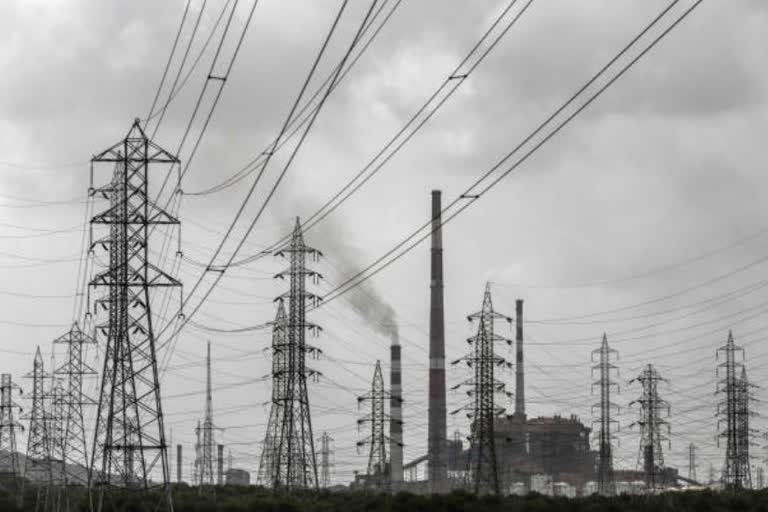New Delhi: Progress on stressed thermal power asset resolution remained slow as only 10 per cent of affected generation capacity witnessed resolution despite several steps taken by the government and lenders, ICRA said on Wednesday.
Thermal power plants PLF (plant load factor or capacity utilisation) levels remain subdued with the increasing renewable generation and modest demand growth, said ICRA in a statement.
The resolution of stressed thermal assets remains slow despite various measures undertaken by the government and lenders, with only about 10 per cent of the 40 GW stressed coal-based capacity-achieving resolution, mainly through acquisition by a new sponsor, it said.
The balance capacity is under various stages of resolution, including through Insolvency and Bankruptcy Code (IBC).
Further, it said that the resolution of 12 GW gas-based capacity continues to remain uncertain, given the inadequate availability of domestic gas and absence of any policy measures for use of imported R-LNG with subsidy support as well as the measures to incentivise such projects to meet the peaking/ancillary power demand.
Commenting on stressed asset resolution progress, Girishkumar Kadam, Sector Head & Vice President, ICRA Ratings, said in the statement, "The progress on stressed asset resolution thus remains slow, because of the time taken to achieve sustainable resolution, regulatory challenges in securing approvals for projects with existing competitively bid-based power purchase agreements (PPAs), still limited progress in signing of new long-term PPAs and subdued thermal capacity utilisation levels."
Also, Kumar said, the improvement in the discoms' financial position on all India level remained lower than expected, which can hamper the sustainability of demand growth and signing of new long-term PPAs.
In one such instance, the Uttar Pradesh Electricity Regulatory Commission issued a tariff order in case of a stressed asset which had been subject to partial debt write-down, directing the acquiring entity to offer tariff discount under the existing PPA (power purchase agreement. However, this particular order has now been set aside by the Appellate Tribunal for Electricity (APTEL), it added.
About the power sector, ICRA said that the all India electricity demand growth slowed down to 4.4 per cent in the first six months of FY2020, from 6 per cent growth witnessed in the corresponding period of the previous year.
The slowdown in electricity demand was primarily witnessed in the months of August 2019 and September 2019, despite a healthy growth of 7.4 per cent in Q1 FY2020, it said.
The slowdown can be attributed to lower demand from household and agriculture segments following heavy rains in August 2019 and September 2019 and moderation in demand from the industrial segment. This, in turn, coupled with healthy growth in generation from hydro, nuclear and renewable sources in 6M (six months) FY2020, resulted in a decline in all India thermal PLF to 57.7 per cent from 59.5 per cent in 6M FY2019, it added.
The decline in thermal PLF is a reversal of improvement witnessed over the past two years. The decline in PLF was sharpest for the central sector coal utilities from 70.8 per cent in 6M FY2019 to 64.2 per cent in 6M FY2020.
Read more: Survey finds women are 'recklessly cautious' with savings



